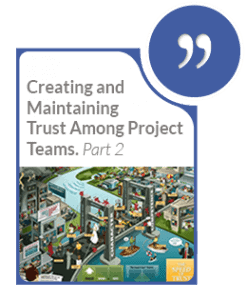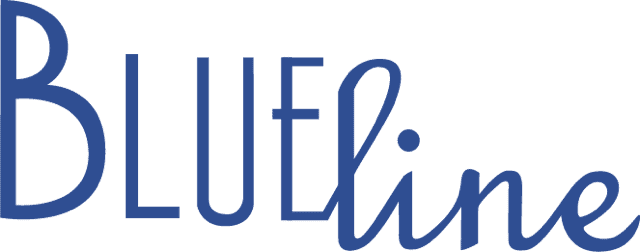Part 2:

- It’s not assuming that the members of the project team want to be communicated with in the same way that you like to receive or deliver information. It’s important to find out each team member’s communication preferences, especially in this world of various communication devices and methods, and to be flexible enough, when possible, to accommodate those differences. And to trust that the information will flow when, and as, needed.
- It’s anticipating client and internal team member needs and asking great questions with sincerity and without ulterior motives, then proactively engaging in dialogue that leads to meeting those needs or searching for alternative solutions that can be agreed upon.
- It’s also about identifying and interpreting non-verbal cues. Doing a literature review will net varying statistics regarding percentages of non-verbal vs. verbal communication, but for the purposes of this discussion, that’s really not important. What’s important is that we know that non-verbal communication is a very significant part of communication, and we need to pay attention to and acknowledge what we observe…and act accordingly. It makes an impression when we notice the little things about others and helps to build the relationship.
- Building trust through communication means deciding to communicate even when the message isn’t pleasant. I find that sometimes team members want to shield sharing a message that may be unpleasant or that there may be hesitancy to deal with something that is messy. In my experience, THIS NEVER WORKS! I have found that in the long run, hitting situations head on and dealing with them leads to trusting relationships — a lot better than pretending that a problem doesn’t exist. What a great way to build trust by acknowledging with the team that yes, what’s facing us is difficult/not what we expected/will take us some time and effort to figure out, but that we have the tools to do it and we’ll do it together.
Communication is important to building trust because it’s how we stay in the reality of the situation we’re working in – it’s how we gather information about how we’re doing and what we need to start, stop, or continue — as we work together throughout the project. It’s the way we course correct as, and when needed, and it’s one way each team member knows that they matter.


